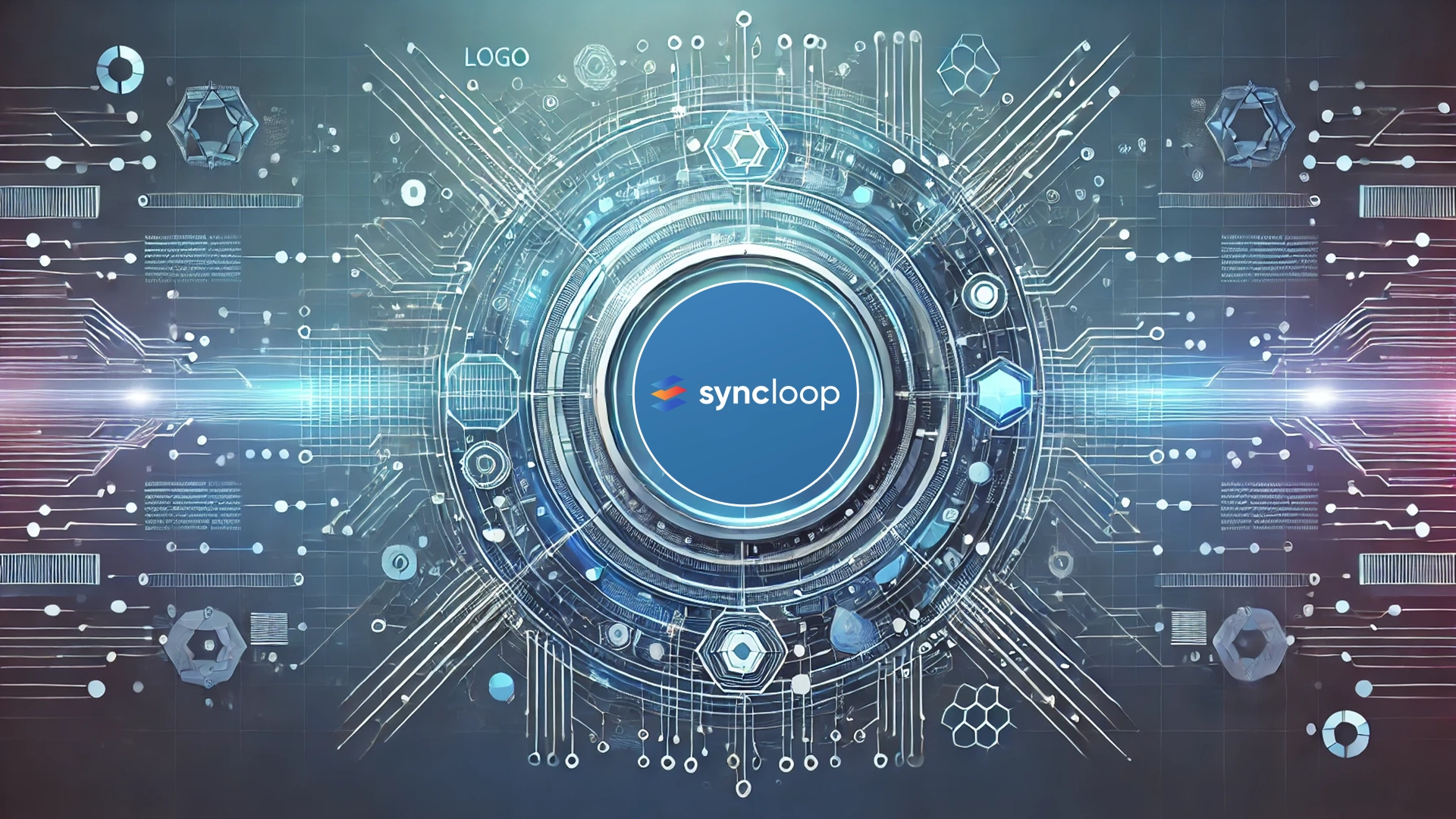Syncloop’s Features for Remote API Development Teams
Posted by: Muheet | December 24, 2024

Challenges in Remote API Development
- Communication Barriers:
- Lack of real-time updates and clear communication can hinder progress.
- Disjointed Tools:
- Using multiple disconnected tools complicates workflows.
- Asynchronous Collaboration:
- Teams working across time zones struggle with coordination.
- Tracking Changes:
- Managing API updates and ensuring consistency can be challenging.
Syncloop’s Features for Remote API Development
1. Centralized Dashboard
- What It Does:
- Provides a unified interface for designing, testing, and managing APIs.
- Benefit:
- Eliminates the need for multiple tools, ensuring all team members are on the same page.
2. Role-Based Access Control (RBAC)
- What It Does:
- Assigns roles and permissions to team members based on their responsibilities.
- Benefit:
- Enhances security and ensures team members have access to the resources they need.
3. Shared Workspaces
- What It Does:
- Enables team members to collaborate on API projects in a shared environment.
- Benefit:
- Facilitates real-time collaboration and ensures transparency.
4. Version Control
- What It Does:
- Tracks changes to APIs and manages multiple versions.
- Benefit:
- Supports asynchronous collaboration by allowing teams to work on different versions simultaneously.
5. Integrated Testing Tools
- What It Does:
- Includes tools for functional, integration, and performance testing.
- Benefit:
- Enables remote teams to validate API functionality and performance without switching platforms.
6. Real-Time Updates
- What It Does:
- Provides instant notifications about changes, feedback, and issues.
- Benefit:
- Keeps remote team members aligned despite working in different locations.
7. Feedback and Annotation Features
- What It Does:
- Allows team members to leave comments and suggestions directly on API endpoints.
- Benefit:
- Simplifies asynchronous reviews and collaboration.
8. Documentation Automation
- What It Does:
- Auto-generates API documentation from definitions.
- Benefit:
- Ensures consistency and saves time for remote teams.
9. Analytics and Monitoring
- What It Does:
- Tracks API performance and usage metrics in real-time.
- Benefit:
- Provides actionable insights for improving APIs and addressing issues promptly.
10. Seamless Integration with Third-Party Tools
- What It Does:
- Connects with popular project management, version control, and communication tools.
- Benefit:
- Enhances workflows by integrating with tools like Slack, Jira, and GitHub.
Best Practices for Using Syncloop in Remote Teams
- Set Up Role-Based Permissions:
- Define clear roles and responsibilities using RBAC to avoid confusion.
- Utilize Shared Workspaces:
- Centralize collaboration and ensure all team members can access and contribute to API projects.
- Leverage Automation:
- Use Syncloop’s documentation and testing automation to save time and reduce manual effort.
- Implement Regular Reviews:
- Schedule reviews using Syncloop’s feedback tools to keep the team aligned.
- Monitor Metrics:
- Use analytics to track API performance and identify areas for improvement.
Real-World Applications
- E-Commerce Platforms:
- Enable remote teams to collaborate on APIs for product management and checkout systems.
- Healthcare Solutions:
- Support secure API development for patient data management across distributed teams.
- SaaS Applications:
- Facilitate asynchronous API updates for user management and analytics.
- IoT Networks:
- Manage APIs for device communication and data integration remotely.
Advantages of Syncloop for Remote Teams
- Enhanced Collaboration:
- Shared workspaces and real-time updates bridge communication gaps.
- Improved Productivity:
- Integrated tools reduce context switching and streamline workflows.
- Flexibility:
- Supports asynchronous work with version control and automated tools.
- Transparency:
- Centralized dashboards provide visibility into progress and changes.
- Scalability:
- Adapts to teams of all sizes and complexities.
Conclusion
Remote API development teams need robust tools to overcome the challenges of collaboration, communication, and workflow management. Syncloop offers a suite of features designed specifically for remote teams, enabling seamless collaboration, real-time updates, and efficient API management. By leveraging Syncloop’s capabilities, remote teams can deliver high-quality APIs faster and with greater coordination.
A conceptual diagram showcasing Syncloop’s features for remote teams, including shared workspaces, real-time updates, and integrated testing tools.
Back to Blogs